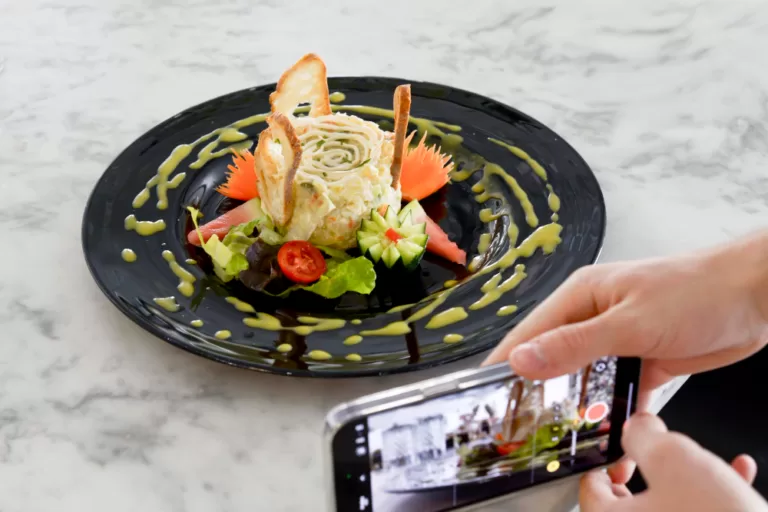Welcome to a world where the art of hospitality marketing is about providing an experience that people will remember. In this text, we’ll look at the ever-changing landscape of hospitality marketing, exploring the methods that not only attract but also improve guests’ stays.
Whether you’re a hotelier, restaurateur, or part of the broader hospitality business, this hospitality marketing guide tries to give you insights that can improve your strategies for client engagement.
Hospitality marketing: Understanding your audience
Effective hospitality marketing starts with a thorough understanding of who you are targeting. Think about your guests’ various desires and interests, and modify your hospitality marketing techniques accordingly. If your property specialises in business travellers, for example, promote services such as high-speed Wi-Fi, business facilities, and accessibility to nearby corporate centres.

Highlighting unique selling points (USP)
What makes your hotel business unique? Identifying and promoting your unique selling propositions (USPs) is crucial for successful hospitality marketing.
Suppose your hotel has a rooftop bar with stunning views of downtown. In your marketing materials, showcase this unique feature to create a sense of exclusivity that resonates with potential guests.
Getting the best possible use of Social Media
Social media is a powerful way to promote hotels and resorts. Share content that is pleasing to the eye, like high-quality pictures of your rooms, tasty food from your restaurant, or sneak peeks of your team at work. Run contests or show off your guests experiences on your sites to get them to create their own content. The goal is to build an audience on the internet around your brand.
Personalisation for a unique experience
Today’s guests want personalised experiences that suit their specific tastes. Use data analytics to better understand visitor behaviour and preferences, so you can personalise your services. If a client frequently chooses vegetarian dishes, for example, you may modify their in-room dining menu with more plant-based options.

Creating a customer’s loyalty programme
A loyalty programme that is well-designed is an effective tool that may be used in the marketing of hospitality. Reward guests for being loyal by providing them with benefits such as free services, accommodation upgrades, or special rates not available to other customers. This not only encourages customers to remain loyal to your company, but it also encourages them to choose your brand among others.
Hilton’s reward programme, Hilton Honours, is among the greatest in the hotel industry. For every stay, members earn points that can be exchanged for free nights, activities, or even miles that can be used on partner airlines. By giving customers real bonuses, Hilton Honours builds customer loyalty and provides an effective hospitality marketing tool.
Taking care of your online reputation
Reviews and ratings posted online can have a big effect on a guest’s choice. You can take charge of your online image by responding quickly and professionally to all reviews, good and bad. To build trust, show off good reviews on your website and social media pages.
Investing in technology
Use technology to make things easier for your guests. Using technology in your hospitality services, like smart room controls and mobile check-ins, can make things easier for your guests and leave a memorable impression. Make sure your website works well on mobile devices and is easy to use so that possible guests can easily look at what you have to offer.
The success of Airbnb can be attributed, in part, to its user-friendly interface. The simple booking process, clever search filters, and thorough property listings all contribute to a positive user experience. Airbnb has become a strong participant in the hotel business by emphasising user convenience.

Environment and social responsibility
Today, guests are more aware of ecological and social issues before their visit. One strong way to market your hospitality business is to use eco-friendly methods and show that you care about others. Showcase projects like eco-friendly actions, programmes that involve the community, or relationships with nearby charities.
To be successful in hotel marketing, you need to be able to tell a story that goes beyond interactions. You can give your guests a memorable experience if you know your audience, highlight your unique offers, use social media to your advantage, and are open to personalisation and technology. Remember that being a good host is an art, and marketing is the paintbrush that you use to give each guest a memorable experience.






















